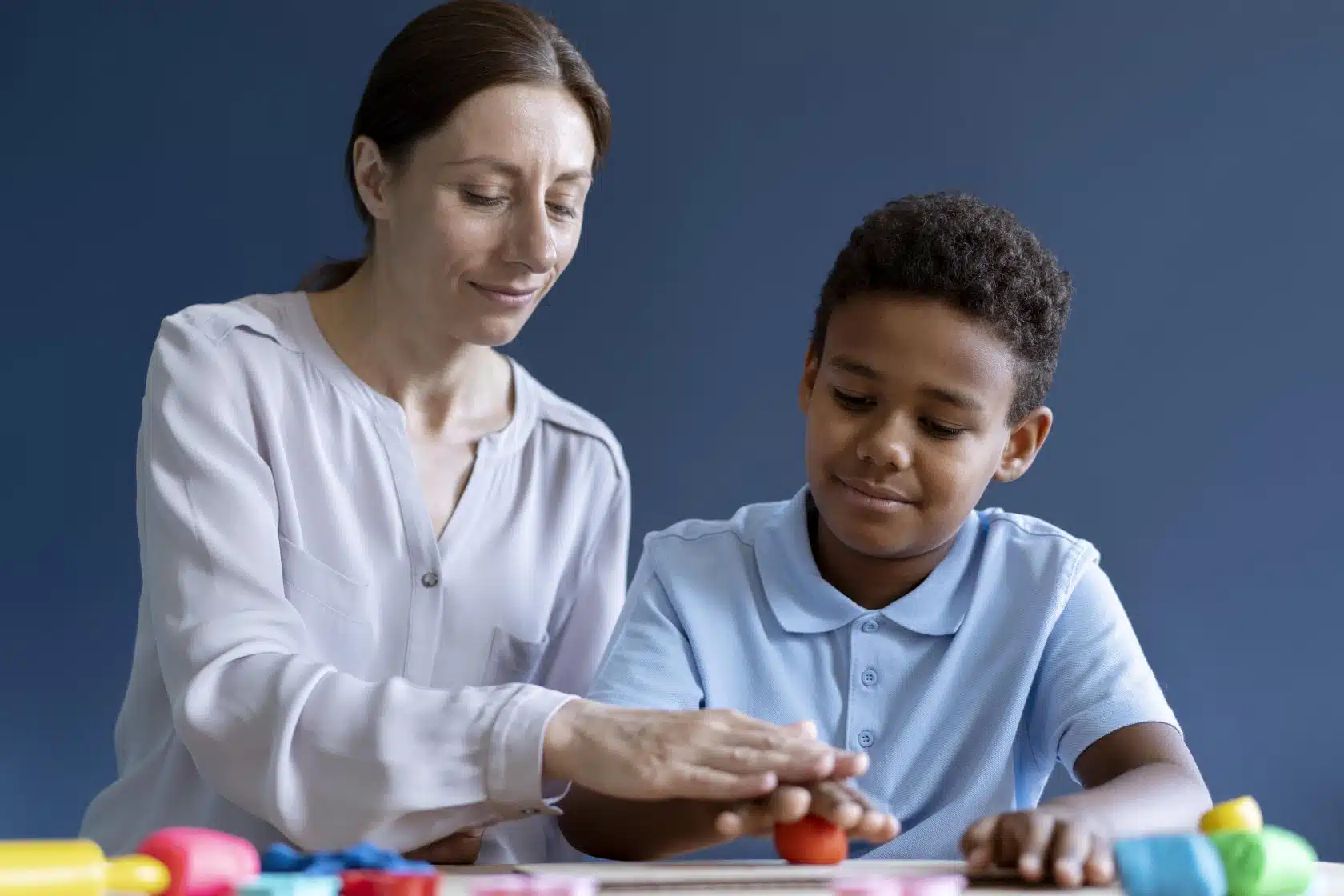Child psychologists work in various ways to support children’s mental and emotional well-being. Here are some examples of how they work:
- One-on-one sessions: Child psychologists engage in individual therapy sessions with children, providing a safe space to discuss and explore their thoughts and emotions.
- Group therapy: They facilitate group therapy sessions where children can interact with peers, learn social skills, and share their experiences.
- Play therapy: Child psychologists use play as a therapeutic tool to help children express themselves, communicate, and resolve emotional challenges.
- Art therapy: They incorporate art activities to encourage self-expression, creativity, and emotional healing.
- Parent collaboration: Child psychologists work closely with parents, providing guidance, strategies, and support to enhance their understanding of their child’s needs and promote a healthy parent-child relationship.
In conclusion, child psychologists employ various approaches such as individual and group therapy, play therapy, art therapy, and collaboration with parents to support children’s mental and emotional well-being. Goally, a tablet tool, helps kids with various skills through fun apps like digital visual schedules, AAC, and gamified learning. It also teaches emotional regulation, executive functioning, and social skills.
This post was originally published on March 27, 2023. It was updated on July 18, 2023.














